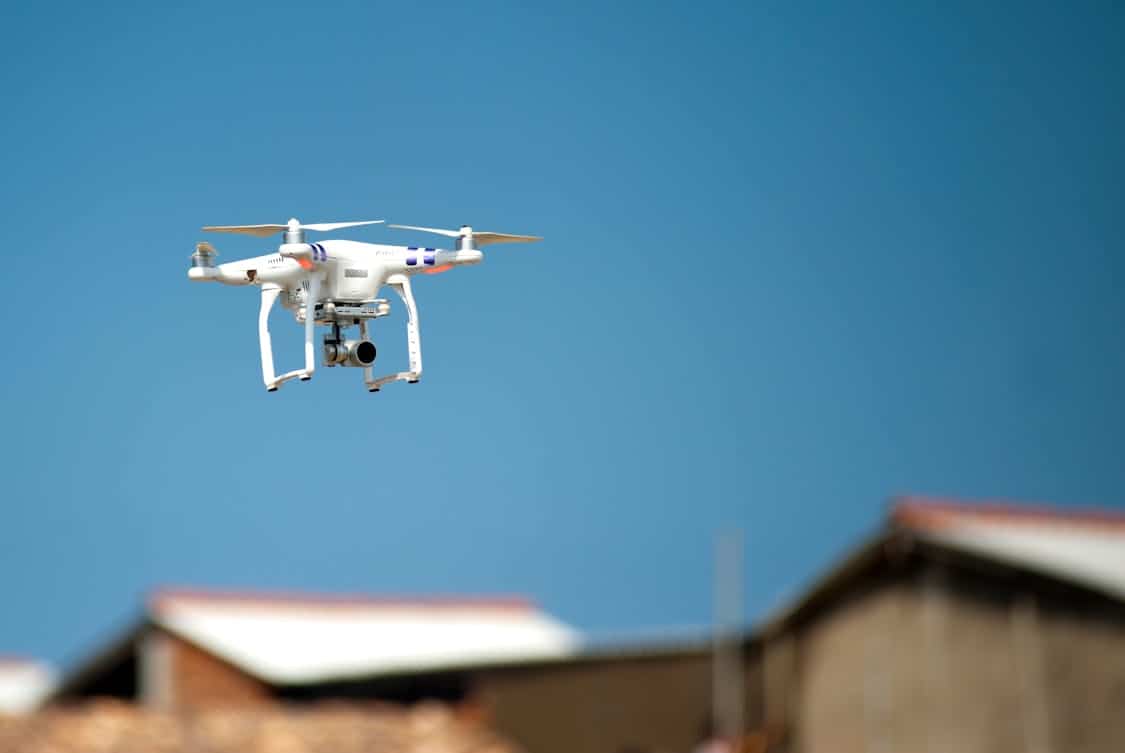Private investigators play a critical role in uncovering hidden truths, whether in personal matters, legal disputes, or corporate concerns.
Far from the dramatic portrayals in movies, their work involves methodical research, surveillance, and evidence gathering.
In this article, we follow the clues to explore what private investigation truly entails and how these professionals operate behind the scenes.
The Role of a Private Investigator
Private investigators (PIs) are often portrayed in films and novels as lone wolves operating in the shadows. While there’s a grain of truth in the dramatization, the reality is a bit more nuanced.
A PI’s role can span many sectors, from corporate fraud to personal matters like infidelity or missing persons.
They operate independently but often collaborate with law enforcement agencies and legal professionals to gather information and evidence.
Skills and Tools of the Trade
Being a private investigator requires a diverse skill set. Observation is key; PIs must be able to notice details that others might overlook.
They also need strong analytical skills to piece together clues and form a coherent narrative. Modern technology plays a significant role, too.
High-quality cameras, drones, GPS tracking devices, and specialized software for data analysis have become essential tools in the PI toolkit.
Licensing and Regulation
In many regions, private investigators are required to hold licenses to operate legally. The licensing process varies, often requiring background checks, training, and examinations.
Regulations may include restrictions on methods used for surveillance or data collection. Adhering to these rules is essential, not just for legal compliance but also for maintaining ethical standards within the profession.
Investigative Methods
The methods employed by private investigators can be as varied as the cases they handle. Surveillance is perhaps the most recognized technique.
This can involve physically observing a subject discreetly or utilizing technology to monitor activities.
Many investigators use surveillance and research techniques to uncover crucial evidence that might otherwise remain hidden, combining traditional observation with modern data-gathering tools.
Interviews and background checks are also common, where PIs gather information through conversations and public records.
In some cases, a PI might even perform undercover work, assuming a false identity to gather information firsthand.
The Importance of Surveillance

Surveillance is often seen as the bread and butter of private investigation. A PI might spend hours observing a subject’s behavior or habits, collecting evidence without detection.
This method requires patience and discretion, as drawing attention can compromise the investigation. High-quality video and photographic evidence can be powerful in court or negotiations, providing clarity in situations where words alone may fail.
Background Checks and Research
Before embarking on a case, PIs often conduct extensive background checks. This research may include searching public records, social media profiles, and financial documents.
The goal is to create a comprehensive profile of individuals or entities involved in a case. Such thoroughness can reveal connections, hidden assets, or previous criminal records that could be pivotal to the investigation.
Technology in Modern Investigations
The advent of technology has transformed private investigation dramatically. Today’s PIs rely on digital tools to streamline processes and enhance accuracy.
Social media platforms, for instance, can provide crucial insights into a person’s life, habits, and connections.
Data aggregation tools can compile vast amounts of information from various sources, making it easier for investigators to uncover the truth.
Ethical Considerations
Ethics play a significant role in private investigation. PIs must navigate the fine line between gathering information and invading someone’s privacy.
They are bound by laws and ethical guidelines that dictate what is acceptable in their work. Knowledge of these ethical boundaries is crucial, as crossing them can lead to legal repercussions and damage their reputation.
The Emotional Aspects of Investigations
While often overlooked, the emotional component of investigation work is significant. PIs frequently navigate sensitive situations, such as infidelity cases or missing persons.
The stakes can be incredibly high, affecting relationships and lives. Understanding human emotions and being empathetic are vital traits for PIs, allowing them to manage delicate situations with care.
Clients and Their Motivations
The reasons people hire private investigators are diverse. Some seek closure on personal matters, like suspicions of cheating or fraud.
Others may be involved in legal disputes, requiring evidence to support their case. Understanding the client’s motivation is essential for PIs, as it shapes their approach and the type of evidence needed.
Case Examples
To illustrate the breadth of a PI’s work, consider a few case scenarios. In one instance, a spouse suspects infidelity.
The PI conducts surveillance to gather evidence of the partner’s activities, leading to a rationale for an amicable discussion or potential legal action. In another case, an employer might suspect an employee of theft.
The investigator can employ covert surveillance to confirm or deny the suspicions, safeguarding the company’s interests.
The Legal Framework
Private investigators operate within a legal framework that varies by jurisdiction. Understanding laws regarding surveillance, data collection, and privacy rights is vital.
In many places, consent is required for audio or video recordings. Failing to adhere to these legal requirements can jeopardize an investigation, rendering evidence inadmissible in court.
Challenges in the Field
The life of a private investigator can be fraught with challenges. From unpredictable subjects to legal restrictions, each case presents its own set of hurdles.
Adapting to these challenges often requires quick thinking and creative problem-solving. PIs must be prepared for the unexpected, and adaptability is crucial for success.
Building a Network
Networking is a cornerstone of successful private investigation work.
Building relationships with law enforcement, attorneys, and even other PIs can enhance a private investigator’s ability to gather information. These connections can lead to valuable insights and resources, making it easier to solve cases.
The Future of Private Investigation
As society evolves, so does the role of private investigators. The rise of cybercrime has introduced a new facet to the field.
PIs are now expected to have some knowledge of digital forensics to address issues like identity theft or online harassment. With technology continuously advancing, the demand for skilled private investigators will likely remain strong.
Public Perception of Private Investigators
Despite their often glamorous portrayal in popular media, the reality of private investigation is much more mundane. Many people hold misconceptions about the profession, viewing PIs as unconventional detectives solving crimes.
In truth, their work often involves tedious research and observation, far from the action-packed scenarios depicted in films.
Training and Education
While formal education is not always required, many PIs have backgrounds in law enforcement, military service, or legal studies. Specialized training programs can also provide essential skills and knowledge.
Understanding the legal landscape, ethics, and investigative techniques can significantly enhance a PI’s effectiveness.



